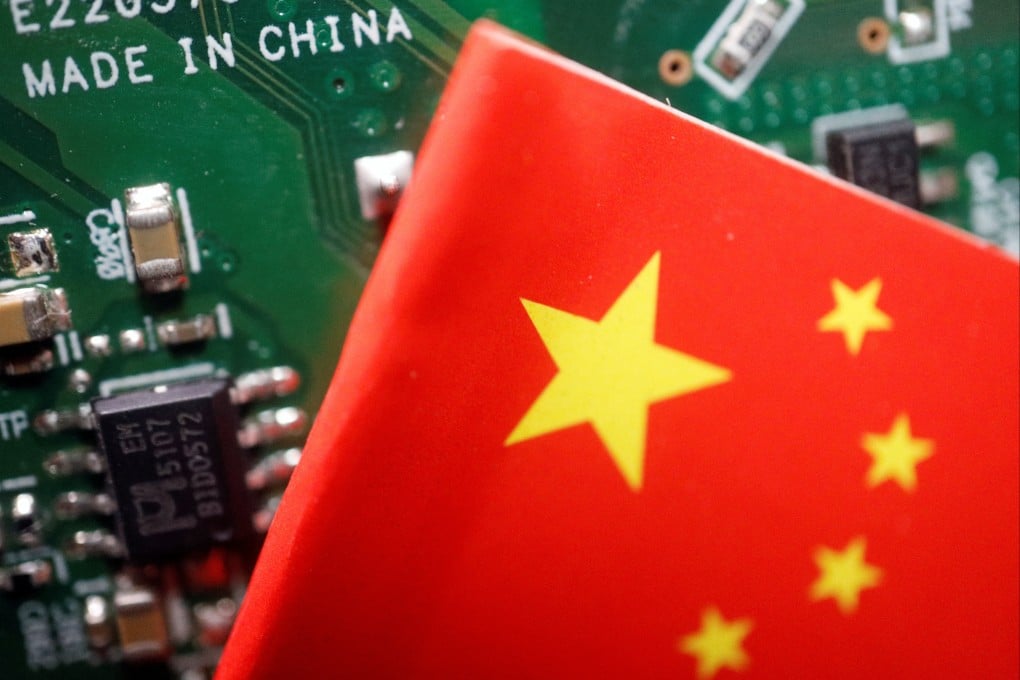Tech war: Japan’s new semiconductor tool export restrictions throw a major spanner in works of China’s chip plans
- Chinese authorities have expressed anger about the Japanese government’s decision to implement the curbs and have urged a rethink
- The restricted items on the list are expansive and will target a range of hi-tech equipment and materials needed for advanced chip production

Japan’s new export restrictions on 23 types of chip-related equipment and materials, which will come into effect in July, are set to disrupt China’s semiconductor self-sufficiency plan as the specific items are highly selective and targeted, according to industry insiders.
The measures require specific permission for the export of 23 types of items to any country not on a list of 42 “friendly” markets, according to the insiders and a list seen by the Post. For China, it would be a de facto ban, similar to US export curbs announced in October 2022, dealing a heavy blow to Beijing’s push for greater self-sufficiency in chips.
Chinese authorities have expressed anger about the Japanese government’s decision to implement the curbs and urged a rethink, but there is little sign that the decision will be suspended or revoked.
Japan, similar to the Netherlands, has not explicitly referenced China in its export control announcements. Instead, Tokyo officials have said that the exports fall under the Foreign Exchange and Foreign Trade Act, which regulates the export of Japanese weapons and other goods that can be converted into military applications.
The restricted items on the list are expansive and will target a range of hi-tech equipment and materials needed for advanced chip production. Analysts say the restrictions move beyond limitations that the US has already imposed on the country.
For instance, certain types of deep ultraviolet (DUV) lithography equipment, which print chips on wafers with a 193-nm light source and can push chip-making technology to 14-nm, will be targeted according to the list seen by the Post.